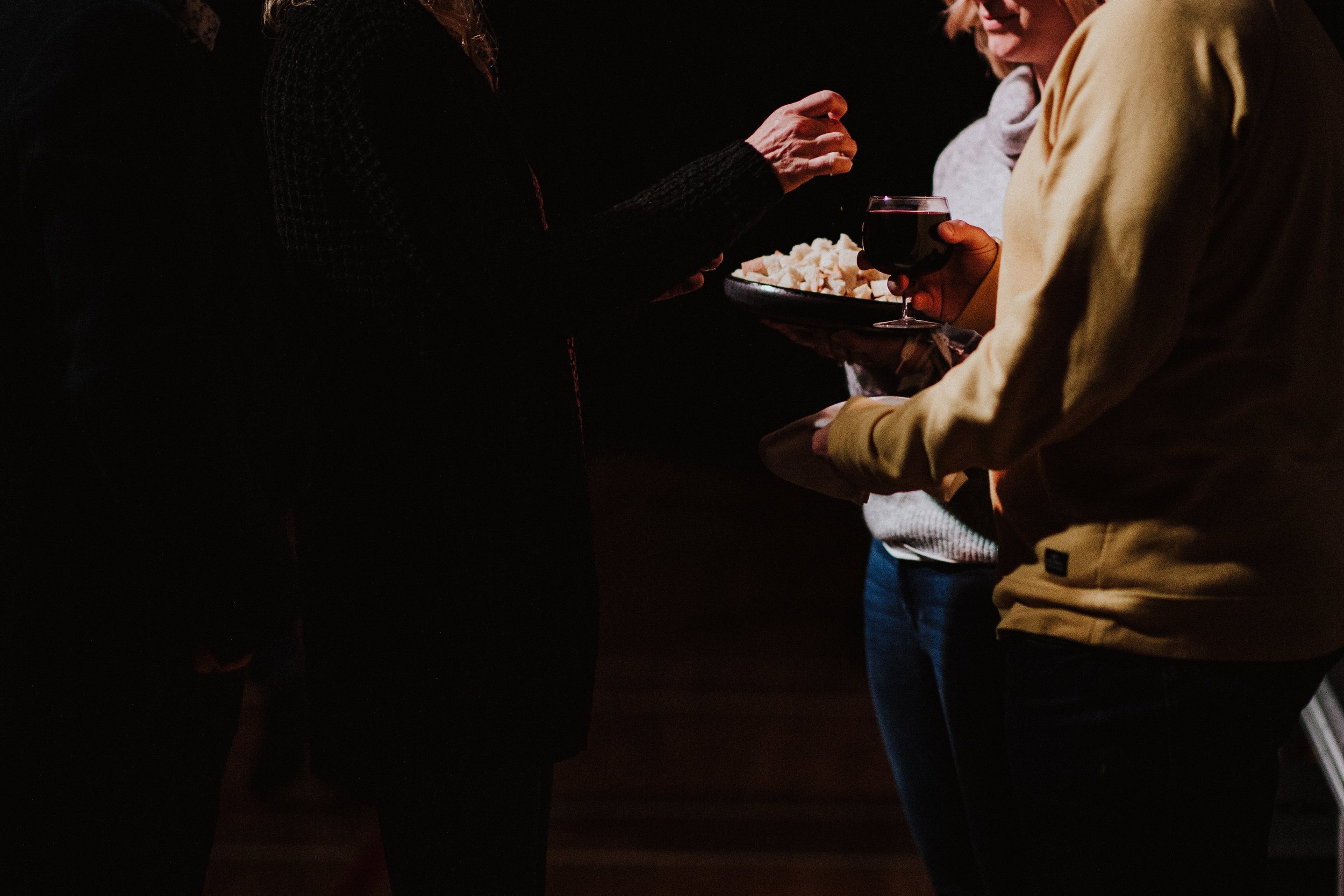
Be the change by Jason Valendy is licensed under a Creative Commons Attribution-NonCommercial-ShareAlike 3.0 Unported License.
The Day There Was No News, Was Good News
Friday, April 18, 1930 is an interesting little tidbit of history, because of the 8:45pm BBC news cast. The story goes that the voice came over the radio and announced the following newscast, “There is no news.” Then piano music played for the next fifteen minutes. No news. Not a single bit of news.
If you are a Christian church calendar savant, you will know that April 18, 1930 is anything but a “no news” day. It is the day with the best news.
April 18, 1930 was Good Friday.
On the day in the church year when we recall the love of God forgiving the worst humankind had to offer, the BBC said, “There is no news.”
Of course there is no going back to a time when a voice would say, “There is no news.” News organizations fill every moment with a talking head, peddling a politics of grievance, outrage and victimization. However, even on April 18, 1930, one of the largest platforms in the world overlooked that there was in fact GOOD news that very day. It is a shame they missed the story.
Surely today we would not miss the same story. Would we?
Replacing the Whole Blessing Thing
One of the joys of being a clergy person is that clergy are invited into people’s lives to bless things. We bless animals, babies, homes, and even cars. I have been asked to bless all sorts of jewelry and grown ups at weddings. Each Sunday we bless the congregation as the worship ends and the service begins.
Of all the things that I have been asked to bless there is a common element to them all. The things that we bless are whole. They are complete. They are finished. I have not blessed a broken bone. I have not blessed a crack in a house. I have not blessed a ring that is missing a stone.
The only exception to the “bless what is whole” rule is communion.
It is incredible to me that Jesus blesses bread and wine and then instantly breaks and pours it out. Can you imagine blessing a house then immediately breaking a window? Each communion we replace the “bless what is whole” rule with “bless what is broken” rule.
For all the times we feel less than whole. For all the people who are treated less than whole. Jesus blesses you. Not in your wholeness. You are blessed in the brokenness.
What sort of God is this that intentionally blesses the broken?
"We Christians are a Bunch of Scheming Swindlers".
Photo by Samuel Zeller on Unsplash
The matter is quite simple. The bible is very easy to understand. But we Christians are a bunch of scheming swindlers. We pretend to be unable to understand it because we know very well that the minute we understand, we are obliged to act accordingly. Take any words in the New Testament and forget everything except pledging yourself to act accordingly. My God, you will say, if I do that my whole life will be ruined. How would I ever get on in the world? Herein lies the real place of Christian scholarship. Christian scholarship is the Church’s prodigious invention to defend itself against the Bible, to ensure that we can continue to be good Christians without the Bible coming too close. Oh, priceless scholarship, what would we do without you? Dreadful it is to fall into the hands of the living God. Yes it is even dreadful to be alone with the New Testament.
--Søren Kierkegaard (Taken from Dr. Richard Beck)
To read Kierkegaard’s words might lead one to conclude that we ought to read the Bible literally. Even Kierkegaard would disagree. Rather, the call of Kierkegaard is the critique to read the Bible then use various rationalizations to avoid the ways we are convinced by the Truth and Love of the Good News. Time and time again we read about how God recklessly forgives. We find justifications to measure forgiveness. We hear Jesus place a priority on accepting the “others” the authorities rejected, we prioritize our own acceptance.
We are all able to cite the Bible to justify our current positions and feelings. We are less able to cite the Bible to challenge or critique our current positions. And when we do find scripture that challenges us, we are clever enough to cast it aside.
Sell all your possessions? Pick up the cross? Welcome the widow, orphan and sojourner? Keep the Sabbath? Prioritize love at the expense of truth?
Instead, I find myself saying, “The Bible is so cryptic and difficult to understand.”









